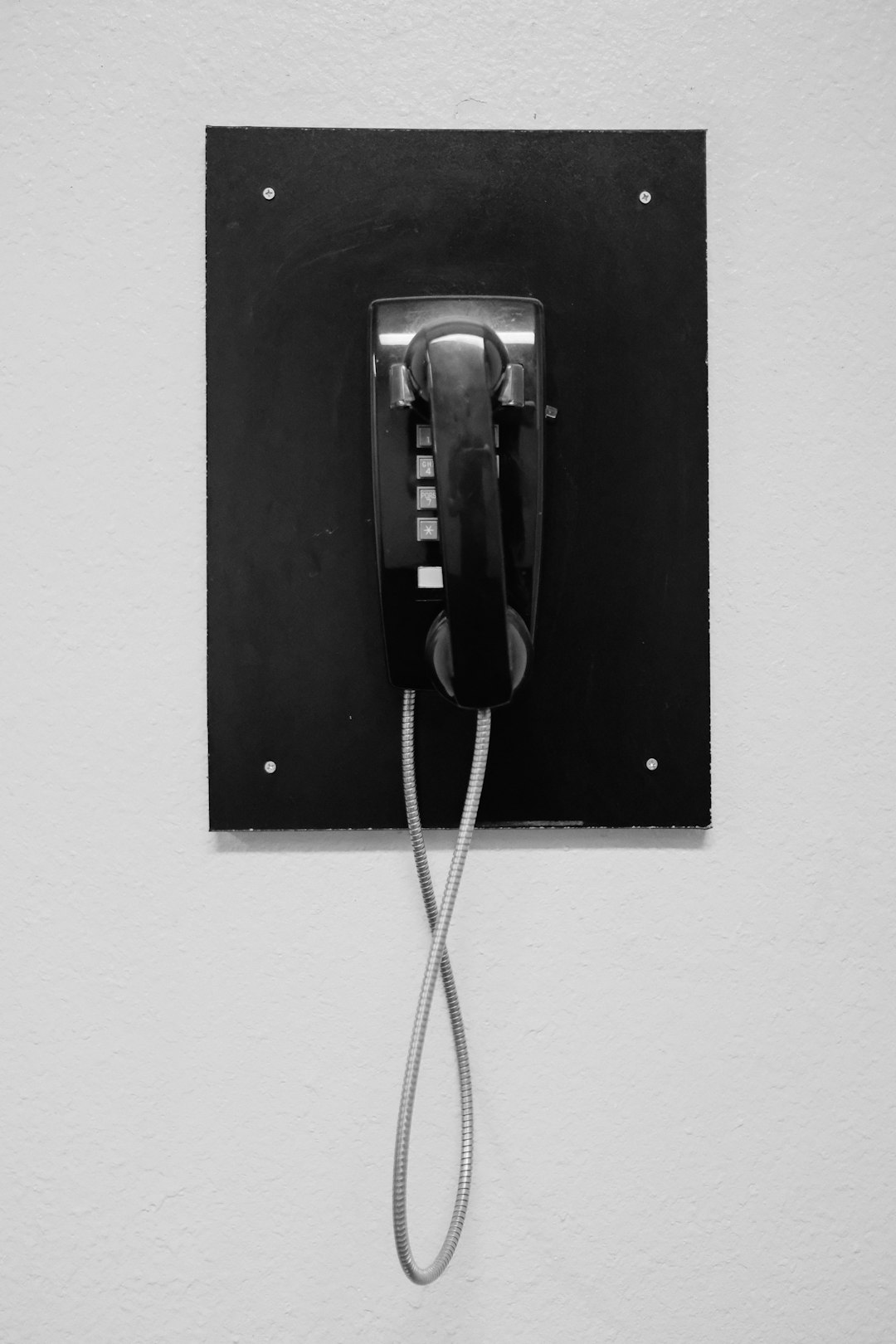In Iowa, fair debt collection practices are governed by state and federal laws, primarily the Fair Debt Collection Practices Act (FDCPA). Consumers have rights, including debt validation, transparent communication, and protection from abusive language. The Iowa Attorney General's Office oversees debt collectors, investigates complaints, and offers educational resources. Both debtors and creditors have specific legal protections. Violations can lead to penalties. Residents facing debt collection issues should consult a qualified debt collector Lawyer in Iowa for guidance on their rights under the FDCPA and ethical debt collection practices.
In the state of Iowa, fair debt collection practices are enforced through a multi-faceted approach led by the Iowa Attorney General’s Office. This article delves into the regulations and rights that govern debt collectors in Iowa, ensuring a balanced process for both debtors and creditors. We explore the legal protections available to residents, the mechanisms for enforcing these standards, and the penalties for violations. Additionally, practical resources are highlighted for those facing debt collection issues, empowering Iowans with knowledge and options when dealing with debt collectors.
Understanding Fair Debt Collection Practices in Iowa

In Iowa, fair debt collection practices are governed by both state and federal laws, primarily the Fair Debt Collection Practices Act (FDCPA). This legislation aims to protect consumers from aggressive or unfair methods used by debt collectors. Understanding these rights is crucial for anyone interacting with a debt collector in Iowa.
Debt collectors in Iowa must adhere to specific rules, including providing validation of the debt, refraining from using abusive or deceptive language, and ensuring all communications are clear and transparent. If a consumer feels their rights have been violated by a debt collector, they have the option to consult with a debt collection lawyer in Iowa for guidance on how to proceed. Such legal assistance can help ensure that debt collectors operate within the boundaries set by law, protecting consumers from unjust practices.
The Role of the Iowa Attorney General's Office

The Iowa Attorney General’s Office plays a pivotal role in enforcing fair debt collection practices within the state. This office is responsible for overseeing and regulating debt collectors, ensuring they adhere to the law. They actively investigate complaints from consumers who believe they have been treated unfairly by debt collectors, providing a crucial safety net for Iowans dealing with debt issues.
The Attorney General’s Office provides resources and guidance to both debtors and creditors, promoting transparency and fairness in the debt collection process. They offer educational materials on consumer rights, including understanding one’s legal obligations and the limits of debt collector activities. This proactive approach helps maintain a balanced system where debt collectors operate within ethical boundaries while individuals are equipped with the knowledge to protect their rights as consumers.
Legal Rights of Both Debtors and Creditors

In Iowa, both debtors and creditors have specific legal rights when it comes to debt collection practices. Debtors are protected by the Fair Debt Collection Practices Act (FDCPA), which prohibits debt collectors from using abusive, unfair, or deceptive means in their attempts to collect a debt. This includes making false statements about the debt, threatening or intimidating the debtor, and contacting them at unreasonable times or places.
A debt collector Lawyer Iowa can help both parties understand and navigate these rights. Creditors have the right to hire professional debt collectors who must adhere to state and federal regulations. Debtors can challenge the validity of a debt or request verification of the debt from the collector. Having an understanding of these rights ensures that the debt collection process is fair, transparent, and in compliance with the law.
Enforcement Mechanisms and Penalties for Violations

In Iowa, the enforcement of fair debt collection practices is facilitated by a robust legal framework designed to protect consumers from abusive or unfair tactics. The state has specific laws and regulations in place that govern the behavior of debt collectors, including strict guidelines on communication methods, disclosure requirements, and permissible actions during collection efforts. These rules are enforced through various mechanisms, such as consumer complaints handled by the Iowa Attorney General’s Office, civil lawsuits filed by affected individuals against debt collectors or their lawyers, and investigations initiated by regulatory agencies.
Penalties for violations of these fair debt collection practices can be severe. Debt collectors and their attorneys face potential fines, legal sanctions, and damage awards if found guilty of misrepresenting information, using harassing or abusive language, failing to verify debts, or engaging in other prohibited activities. These penalties serve as deterrents and ensure that debt collection practices remain transparent, ethical, and respectful of consumers’ rights, reinforcing the importance of adhering to the strict regulations governing the industry in Iowa.
Resources for Iowa Residents Facing Debt Collection Issues

If you’re an Iowa resident facing debt collection issues, there are several resources available to help. The state has established guidelines and laws to ensure fair debt collection practices, protecting consumers from aggressive or unethical behavior by debt collectors. One crucial step is to understand your rights as a debtor. A debt collector Lawyer in Iowa can provide invaluable assistance by explaining these rights and navigating the legal aspects of debt collection.
These professionals are well-versed in state regulations, such as the Fair Debt Collection Practices Act (FDCPA), which prohibits abusive, unfair, or deceptive practices. They can help you assert your rights, communicate with debt collectors, and take appropriate action if your rights are violated. Whether it’s negotiating a payment plan, disputing the debt, or considering legal options, consulting with an Iowa debt collector Lawyer is a proactive step toward resolving your debt collection concerns effectively.






